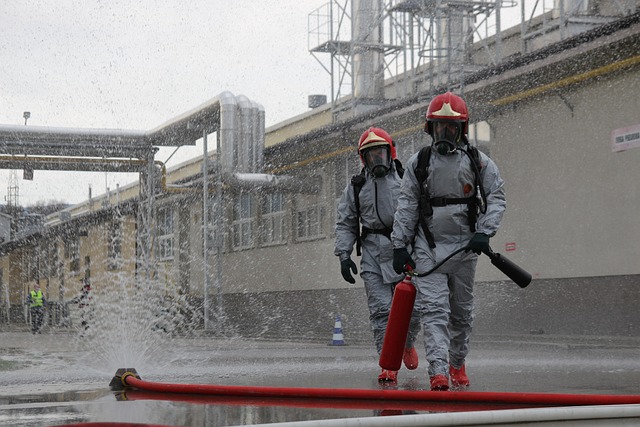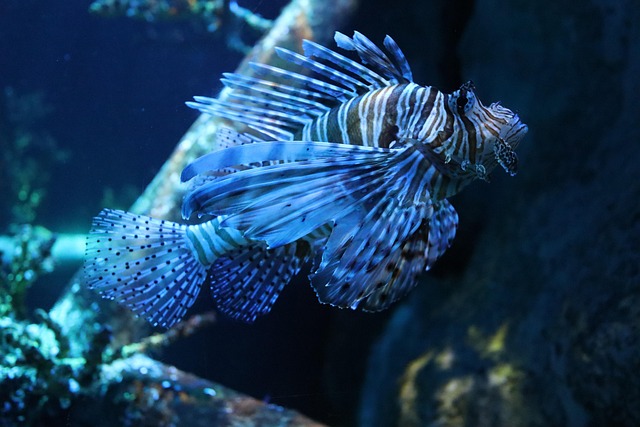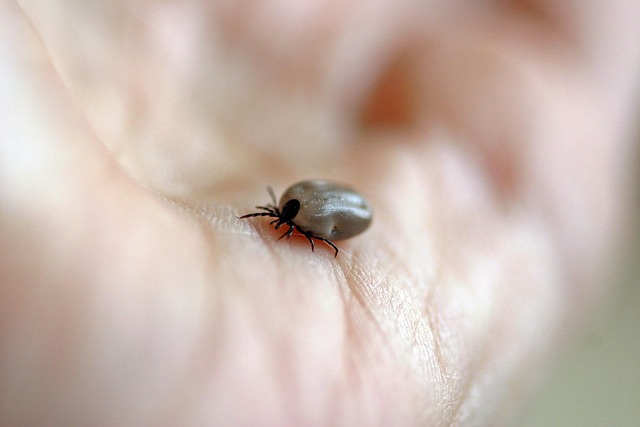
Glyphosate-based Herbicides
Introduction
Glyphosate-based herbicides have become a staple in modern agriculture, particularly in the cultivation of genetically modified crops. This article delves into the use, safety, and controversies surrounding glyphosate, providing a comprehensive overview for those interested in agricultural practices and environmental safety.
What is Glyphosate?
Glyphosate is a broad-spectrum systemic herbicide commonly used to kill weeds, especially annual broadleaf weeds and grasses that compete with crops. It was first developed by Monsanto in the 1970s and has since become one of the most widely used herbicides globally.
Usage in Agriculture
Glyphosate is predominantly used on crops such as corn, soybeans, and cotton, which have been genetically engineered to be resistant to this herbicide. This resistance allows farmers to apply glyphosate without harming their crops, effectively controlling weed growth. As of 2010, over 750 glyphosate products were available on the market, often containing multiple active ingredients to enhance efficacy.
Safety and Toxicity
Studies indicate that glyphosate and glyphosate-based herbicides exhibit low acute toxicity in mammals. However, the safety of glyphosate has been a topic of debate. In 2018, a California jury awarded significant damages to a groundskeeper who claimed that exposure to glyphosate caused his cancer. This case brought attention to the potential health risks associated with glyphosate, leading to increased scrutiny from regulatory bodies.
Controversies and Legal Issues
The legal battles surrounding glyphosate have highlighted the concerns regarding its safety. The initial jury award of $289 million was later reduced through appeals, but it underscored the growing public concern about the herbicide's potential carcinogenic effects. The International Agency for Research on Cancer (IARC), part of the World Health Organization, classified glyphosate as "probably carcinogenic in humans," further fueling the debate.
Environmental Impact
Glyphosate's widespread use has raised questions about its environmental impact. While it effectively controls weeds, there are concerns about its effects on biodiversity and the development of glyphosate-resistant weed species. Farmers are increasingly facing challenges with resistant weeds, which can lead to higher herbicide usage and potential harm to non-target species.
Conclusion
Glyphosate-based herbicides play a significant role in modern agriculture, offering benefits in weed management for genetically modified crops. However, the controversies surrounding its safety and environmental impact cannot be overlooked. As research continues and regulations evolve, the future of glyphosate in agriculture remains a critical area of discussion.



















 The Erie Canal: A Splash of History
The Erie Canal: A Splash of History 
 Health
Health  Fitness
Fitness  Lifestyle
Lifestyle  Tech
Tech  Travel
Travel  Food
Food  Education
Education  Parenting
Parenting  Career & Work
Career & Work  Hobbies
Hobbies  Wellness
Wellness  Beauty
Beauty  Cars
Cars  Art
Art  Science
Science  Culture
Culture  Books
Books  Music
Music  Movies
Movies  Gaming
Gaming  Sports
Sports  Nature
Nature  Home & Garden
Home & Garden  Business & Finance
Business & Finance  Relationships
Relationships  Pets
Pets  Shopping
Shopping  Mindset & Inspiration
Mindset & Inspiration  Environment
Environment  Gadgets
Gadgets  Politics
Politics 